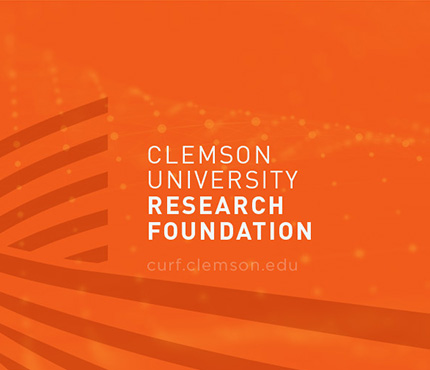Keywords: Agriculture, Plant Growth
Market Overview
Abiotic stresses, such as salinity, drought, and heat, are important limiting factors for plant growth and development as they significantly impact crop production and agriculture economy. Plants have evolved various protection mechanisms coping with different environmental adversities. Manipulation of genes involved in plant stress regulation to genetically engineer enhanced performance in transgenics plays an increasingly important role in sustainable modern agriculture. Clemson researchers have made significant strides in understanding the role of microRNAs (miRNAs) in plant stress regulation. Their work focuses on miR169g, a conserved plant miRNA that targets NUCLEAR FACTOR Y (NF-Y) transcription factors. By focusing on genetic mechanisms that enhance crop resilience, this work has potential applications for farmers, agribusinesses, and biotechnology companies seeking to improve crop performance under adverse conditions. The findings could contribute to the development of new products and techniques in the agricultural biotechnology market.
Applications:
Agriculture, crop production
Technical Summary:
MicroRNAs (miRNAs) are endogenous small non-coding RNAs identified in plants that engage in post-transcriptional target gene regulation, crucial for plant development and environmental adaptation. The data indicates that miR169 regulates expression of the specific transcription factor genes leading to significantly altered plant biomass yield and responses to drought and salt stresses that are associated with modified plant development and physiological and molecular characteristics. The gene has also been shown to play a role in plant pest resistance. The results obtained have demonstrated the importance of miR169 as a key coordinator in plant development and stress responses, providing information for the development of novel biotechnology approaches to genetically engineer crops for enhanced agricultural production.
Advantages:
- A new approach that enhances crop resistance to biotic and abiotic stresses.
- miR169 is proven to be a key coordinator in plant development and stress responses, including drought and salt stresses.
- Significant market size as the novel approach can be applied to various crop species.
Technology Overview
State of Development
TRL 2
Category
CURF Reference No.
2024-007
Inventors
Dr. Hung Luo, Dr. Qian Hu, Xiaotong Chen
For More Info, Contact:
Thava Thavarajah, PhD
Business Development Associate
E: pthavar@clemson.edu
P: (864) 656-5708
Contact
Latest News from CURF
Stay up-to-date with the latest trends in the innovation and research industry. Sign up for our newsletter to see how CURF is making a difference and impacting the economy where we live.









